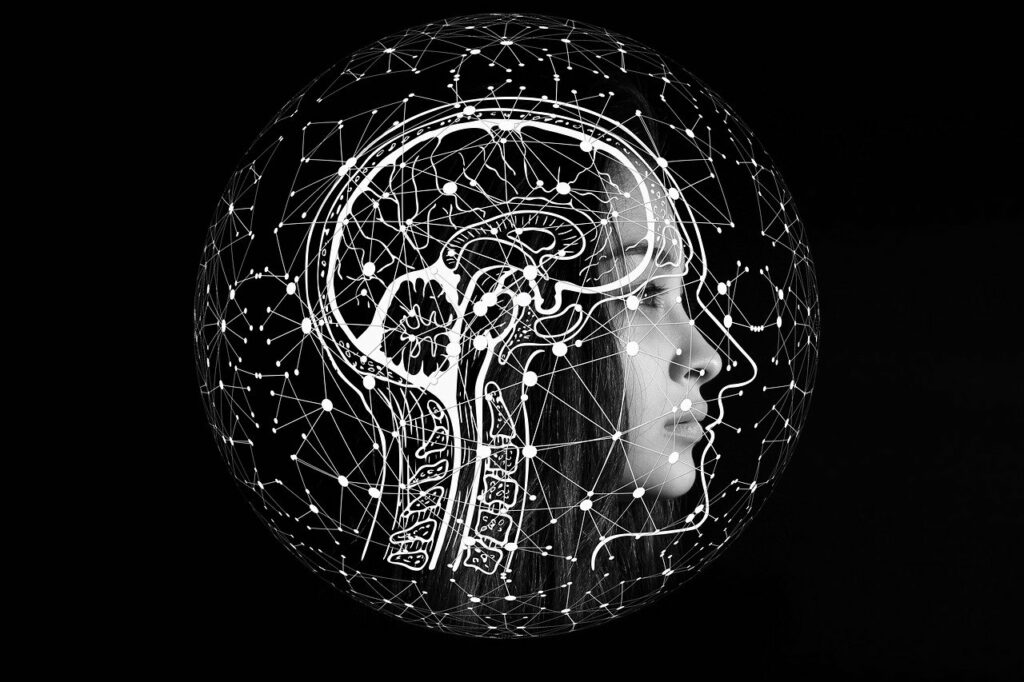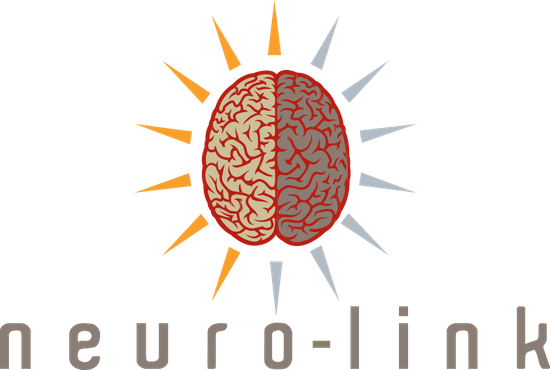Research Study: Influence of Advanced Visual Skills Training Techniques on the Cognitive Skills of School Children
- A postgraduate study was conducted at the University of Pretoria to determine if advanced visual skills training for school children may lead to visual skill-motor- and cognitive performance enhancement. The study stated that cognitive development in children and young teens is proposed to be one of the most important factors to focus on in child development. The visual system uses ‘hardware’ skills (physiological properties) and the more trainable ‘software’ skills (neuroplasticity / cognitive abilities) for information processing.
- The efficiency of the advanced vision training program was tested in school children (aged 12-18 years), during a 12-week training period. During training, a vision laboratory executed a battery of repeated visual skills that consisted of visual acuity, focusing, tracking, vergence, eye-hand coordination, and visualization. The eyes are the only part of the brain that is visible, therefore advanced visual skills are also deemed great skills to improve brain performance and neuro-agility.


- Neuro-Link’s Neuro-Agility Profile™ (NAP™) was administered to test the participant’s neuro-agility (brain-mind elements that impact the ease, speed, and flexibility with which students learn, think, and process information), brain fitness (drivers that increase brain performance), and neuro-design (the neurophysiological elements of thinking, learning, and cognitive processes).
- The results obtained in the study showed significant increases between the participant’s pre-tests to post-tests for the eight visual skills.
- It was concluded that visual skills training techniques improve school children’s ‘software’- and ‘hardware’ skills and that advanced visual skills may also contribute to school children’s cognitive development and brain fitness and overall neuro-agility.




